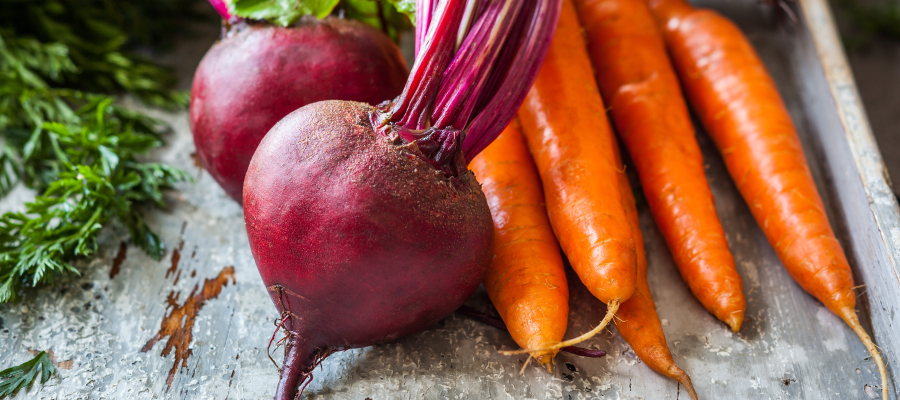Beetroot
Beetroots are low in calories, yet high in valuable vitamins and minerals like Vitamins C, B6, magnesium, potassium and iron. They contain a high concentration of nitrates, which have a blood pressure-lowering effect and this may lead to a reduced risk of heart attacks, heart failure and stroke. Beets are also a good source of fiber, which is beneficial for digestive health, as well as reducing the risk of a number of chronic health conditions.
Okra
Biologically classified as a fruit, okra is generally utilized like a vegetable in cooking.Okra is rich in many nutrients and particularly high in vitamins C and K. This fruit is unique, as it provides protein, a nutrient that many other fruits and vegetables lack. Okra is rich in antioxidants that may reduce your risk of serious diseases, prevent inflammation, and contribute to overall health. Most notably, it contains polyphenols that may contribute to heart and brain health. Research suggests that okra may bind to cholesterol in your gut and lower blood cholesterol levels.
Carrots
Carrots are about 10% carbs, consisting of starch, fiber, and simple sugars. They are extremely low in fat and protein and a particularly good source of beta carotene, fiber, vitamin K1, potassium, and antioxidants. It’s a well known fact that carrots are a weight-loss-friendly food and they have been linked to lower cholesterol levels and improved eye health.

Leeks
Leeks are low in calories yet high in vitamins and minerals particularly magnesium and vitamins A, C, and K. They also contain small amounts of fiber, vitamin B6, iron, and folate. Leeks are rich in antioxidants and sulfur compounds, that are thought to protect your body from disease. Finally, leeks contain compounds that reduce inflammation, cholesterol, blood pressure, the formation of blood clots, and your overall risk of heart disease.
Spinach
Spinach is low in carbs but high in insoluble fiber. This type of fiber may benefit your digestion.Spinach is an extremely nutrient-rich vegetable. It packs high amounts of carotenoids, vitamin C, vitamin K, folic acid, iron, and calcium. Spinach boasts many plant compounds that can improve health, such as lutein, kaempferol, nitrates, quercetin, and zeaxanthin. It’s also very beneficial as it may reduce oxidative stress, promote eye health, fight cancer, and regulate blood pressure.
Green beans
Green beans contain no cholesterol but they contain many essential vitamins, including folate. One cup of raw green beans contains almost 10 percent of the daily recommended value.. Green beans are also a good source of minerals, especially manganese. This essential mineral supports your metabolism and has antioxidant abilities. It also supports bone health and promotes wound healing.









